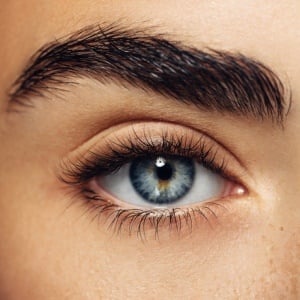
More than two billion people worldwide suffer vision problems that range from impairment to blindness, according to a new report from the World Health Organization (WHO).
And at least one billion of those people have problems such as short- and far-sightedness, glaucoma and cataracts – all of which could have been prevented or have not been treated.
Quality interventions
"Eye conditions and vision impairment are widespread, and far too often they still go untreated," Tedros Adhanom Ghebreyesus, WHO Director-General, said in a news release from the organisation.
"People who need eye care must be able to receive quality interventions without suffering financial hardship. Including eye care in national health plans and essential packages of care is an important part of every country's journey towards universal health coverage," he said.
Ageing populations, changing lifestyles and limited access to eye care – particularly in low- and middle-income countries – are among the main reasons for increasing numbers of people with vision problems, according to the report released in advance of World Sight Day on Oct. 10.
"It is unacceptable that 65 million people are blind or have impaired sight when their vision could have been corrected overnight with a cataract operation, or that over 800 million struggle in everyday activities because they lack access to a pair of glasses," he added.
Services must be provided
Eye conditions and vision impairment tend to be much more common among people in rural areas, those with low incomes, women, older people, people with disabilities, ethnic minorities and indigenous populations, according to the WHO's first report on vision worldwide.
Untreated distance vision impairment in low- and middle-income regions is about four times higher than in high-income regions, and $14.3 billion (±R211 billion) is needed to treat the 1 billion people with vision impairment or blindness due to cataracts, and short- and far-sightedness, the report said.
According to Alarcos Cieza, who leads WHO's efforts on blindness and deafness prevention, disability and rehabilitation, "Millions of people have severe vision impairment and are not able to participate in society to their fullest because they can't access rehabilitation services. In a world built on the ability to see, eye care services, including rehabilitation, must be provided closer to communities for people to achieve their maximum potential."
Image credit: iStock




 Publications
Publications
 Partners
Partners















